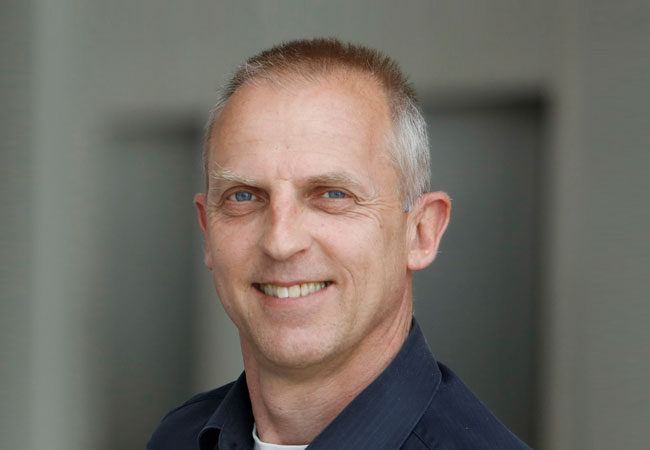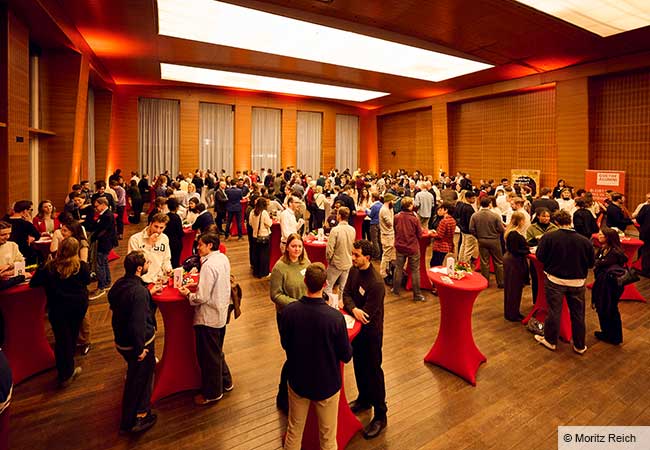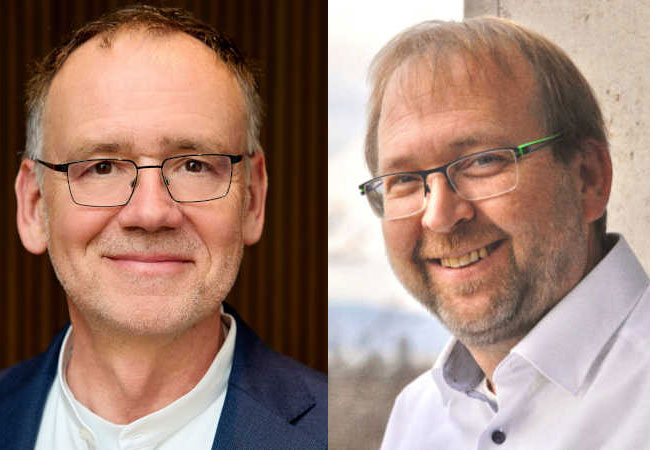
The role of faulty RNA molecules will be analyzed by Goethe University’s Prof. Rolf Marschalek / Deutsche Forschungsgemeinschaft (DFG) will fund the project with 1.25 million Euro.
According to the current doctrine, cancer cells develop due to mutations in genomic DNA. But could it be also caused also by faulty RNA molecules? A number of clues are pointing to this surprising hypothesis. Rolf Marschalek from the Institute of Pharmaceutical Biology at Goethe University Frankfurt will receive 1.25 million Euro from the Deutsche Forschungsgemeinschaft (DFG) to follow up these cues. Through its Reinhart Koselleck projects the DFG funds exceptionally innovative and – and in a positive sense – high-risk research.
For many years Rolf Marschalek has been investigating gene mutations that cause different kinds of leukemia. One particularly common mutation is a chromosomal translocation. It occurs when bits of two different chromosomes break off at the same time and the cell’s repair programme makes a mistake and fuses wrong chromosome pieces. This results usually in the formation of so-called „fusion genes“ that are transcribed into fusion mRNAs. As a result of such a chromosomal translocation the encoded fusion proteins are causing cancer.
It is striking however, that certain translocations occur frequently although on a purely statistical level a much wider range of chromosome breaks would be possible. An example is the Philadelphia chromosome, a shortened chromosome 22, and the associated fusion protein BCR-ABL. This is the most common cause of chronic myelogenous leukemia. Surprisingly, BCR-ABL transcripts are also present in healthy people who do not have the Philadelphia chromosome.
A possible explanation for this observation is a new finding about transspliced fusion RNA molecules that might affect the outcome of DNA repair processes. Most of the time DNA is safely and compactly packaged within chromatin and cannot be copied. So it could be more economical for cells to use RNA copies for the repair of DNA double strand breaks, as the RNA copies can be produced in larger numbers during the short phase when genes are available for copying.
Indeed, RNAs not coding for proteins occur in cells in great numbers, and errors that occur during the process of transcription may lead to rare RNAs molecules carrying different types of mutations. Rolf Marschalek suspects that these faulty RNAs arise in the following way: „Usually chromatin loops with active transcribable genes are located on the outside of chromosomes. Loops from different chromosomes are jointly transcribed by the transcription factories of the cell. Interestingly genes are transcribed together that have been identified in cancer cells as partner genes in chromosomal translocations.” It remains unclear why this is the case, but they have identified in healthy cells all types of fusion RNA transcripts that are know from chromosomal translocations. „Faulty transcripts are always preceeding the chromosomal translocations in the genomic DNA“, he says.
Over the next five years, thanks to his Koselleck project funding, Rolf Marschalek will be able to test his hypothesis that RNA has also the function to serve as blueprint for the repair of DNA errors and that this is a vicious pathway to cancer. The CRISPR/Cas technology, which has made it much easier to alter genes experimentally, will play an important role in this work.
More information: Prof. Dr. Rolf Marschalek, Institute for Pharmaceutical Biology Campus Riedberg, Tel.: ++49 69 798 29647, rolf.marschalek@em.uni-frankfurt.de
Source: Press Release 21/08/17







